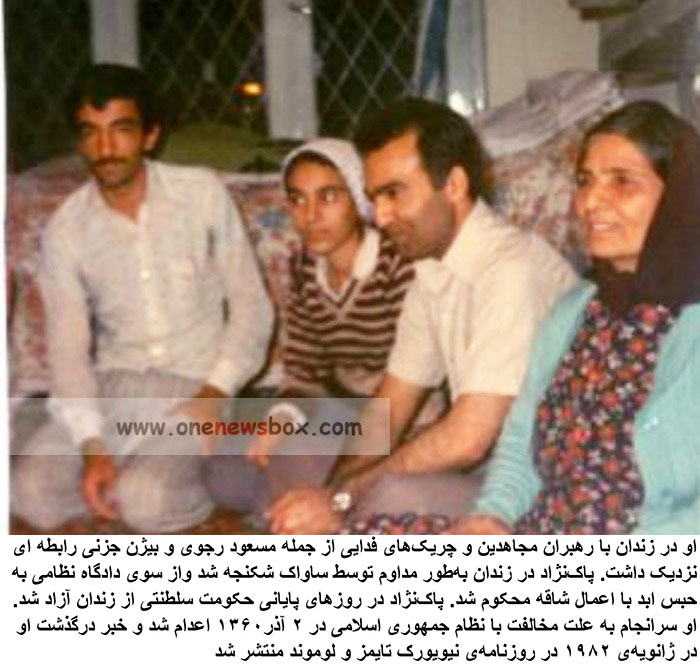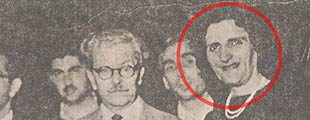In 1968, Paknejad graduated with a degree in law. However, he believed that legal activism alone was insufficient to challenge the deeply entrenched structures of oppression in Iran. Influenced by contemporary revolutionary theorists such as Bijan Jazani, Hassan Zia-Zarifi, Amir Parviz Pouyan, and Masoud Ahmadzadeh, he concluded that armed struggle was necessary to overthrow the monarchy and establish a socialist society.
Formation of the Palestine Group
By the late 1960s, Paknejad and his associates were convinced that non-violent resistance was ineffective against the Shah’s regime. As a result, they established a clandestine guerrilla group with Marxist leanings, later known as the “Palestine Group.” This organization emerged from a coalition of three leftist study circles: one rooted in the student movement of the National Front, another based in Tabriz with a focus on Marxist analysis, and a third led by Ahmad Sabouri. Their objective was to wage an armed struggle against the Pahlavi monarchy, inspired by global anti-imperialist movements, including the Palestinian resistance.
Arrest and Imprisonment
In 1969, while on a covert mission abroad to receive military training, Paknejad was arrested by SAVAK, the Shah’s secret police. He was subjected to brutal torture and interrogations aimed at extracting confessions and dismantling the revolutionary network. His trial, held in a military court in 1970, was marked by fabricated charges linking the Palestine Group to Lieutenant General Teymur Bakhtiar, a former SAVAK chief who had turned against the Shah. The regime sought to discredit the leftist movement by associating it with Bakhtiar, but Paknejad used his trial as a platform to expose the state’s oppressive tactics.

